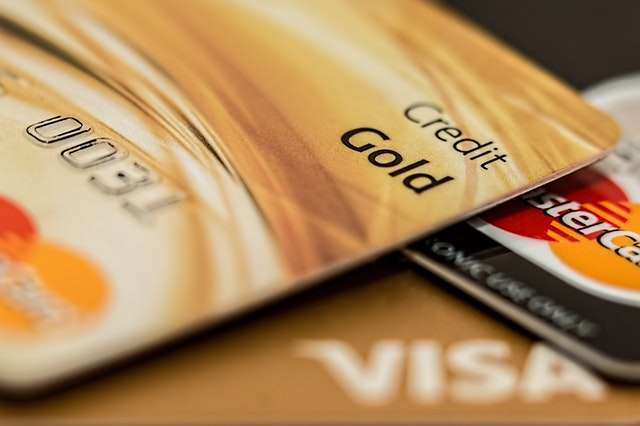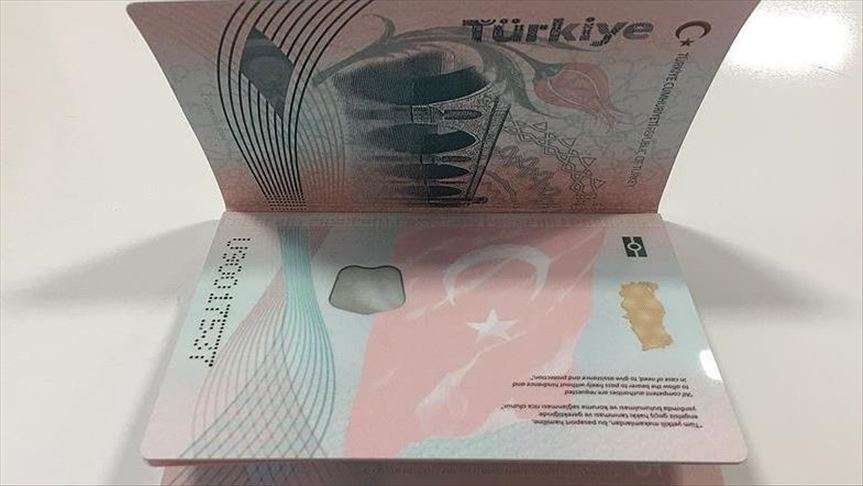How to Get Credit Card with Low Salary in UAE?
Obtaining a credit card with a low salary in the UAE can be challenging, as most banks require a minimum salary of AED 5,000 for credit card eligibility. However, there are some options for individuals with lower salaries:
- Personal Loan: Some banks, like RAKBANK, offer credit cards with a personal loan. If you take a personal loan from RAKBANK, the savings account balance is used to make the debt payment.
- Wait for your salary to increase: It is advised to wait for your salary to reach at least AED 5,000 before applying for a credit card. This will increase your chances of getting approved for a better credit card.
- Top 10 Credit Cards for AED 5,000 Salary: Once your salary reaches AED 5,000, you can consider applying for one of the top credit cards available for individuals with a salary of AED 5,000 or more.
- Arab Bank Visa Classis Credit Card: This card requires a minimum salary of just AED 1,000, making it suitable for individuals with a lower salary.
- FAB Low-Rate Credit Card: This card has a minimum salary requirement of AED 3,000 per month and an annual fee of AED 300.
Keep in mind that the minimum salary requirements for credit cards may vary between banks, so it is essential to research and compare different options before applying. Additionally, ensure that you have all the necessary documents required for the credit card application, such as a valid passport, UAE residence visa, Emirates ID or labor card, and a recent salary certificate or pay slip.
Can You Get Credit Card on 3000 AED Salary in UAE?
It is not possible to obtain a credit card in the UAE with a salary below AED 3,500, as none of the financial institutions offer credit cards for individuals with a salary below this amount. However, there are some alternative methods to explore credit card options with a salary of AED 3,000:
- Personal Loan: Some banks, like RAKBANK, offer personal loans that can be used to secure a credit card with a minimum salary of AED 3,000. The credit limit on your credit card will be the amount in your savings account.
- Fixed Deposit: If you have a fixed deposit account with a minimum of AED 3,000, you can apply for a credit card against your savings. The deposit acts as a security deposit that is accessible to the bank in case you have not been able to repay the credit card debt.
- Debit Card Installment Plan: Some banks offer debit card installment plans with a minimum salary of AED 3,000. This option allows you to make payments in installments, which can help you manage your finances more effectively.
Credit Card Eligibility Criteria in UAE
Factors banks consider for credit card approval
- Salary requirements: Each bank has a specified minimum income set by them as an eligibility criteria. You will need to have a regular income and provide proof of the same. If you are self-employed, you may also need to provide proof of your income.
- Credit history: A good credit history is proof that you can manage your credit well, which helps in getting you a credit card easily. Credit card issuers review your credit history to determine whether you meet their eligibility requirements.
- Employment stability: Banks may consider your employment status and job stability when evaluating your credit card application. If you have a stable job or a steady income, this can positively impact your eligibility.
- Debt-to-income ratio: Credit card issuers use your income and debt levels to calculate your debt-to-income ratio, which helps determine your ability to make payments. A low debt-to-income ratio is generally preferred, as it indicates that you can manage your finances effectively.
When applying for a credit card, it is essential to meet these eligibility requirements to increase your chances of approval. Keep in mind that each bank or card may have different parameters, so it is crucial to research and understand the specific requirements for the credit card you are interested in.
When Can You Get Credit Card in UAE?
In the UAE, you can obtain a credit card if you meet certain eligibility criteria. To apply for a credit card, you should be at least 21 years old, have a minimum salary of AED 5,000, and meet the specific requirements stated by the bank. Some popular credit card options in the UAE include:
- FAB Cashback Credit Card
- ADCB 365 Cashback Credit Card
- Emirates NBD LuLu 247 Mastercard Titanium Credit Card
- Emirates Islamic RTA Credit Card
- Emirates Islamic Cashback Credit Card
You can apply for a credit card online through various platforms, such as MoneyMall, Bankbychoice, and Soulwallet. These platforms compare credit cards from different banks and help you find the best one for your needs. Some popular credit card providers in the UAE include Citibank, HSBC, Emirates NBD, and ADIB.Credit cards in the UAE offer various features and benefits, such as rewards, cashback, travel discounts, and more. Some credit cards also provide additional perks like airport lounge access, free hotel stays, and discounts on various services. It’s essential to compare the available options and choose a credit card that suits your financial needs and lifestyle.
Should You Get Credit Card in UAE with Low Salary?
In the UAE, the minimum salary required for a credit card is generally AED 5,000. However, some banks may offer credit cards with a personal loan, such as RAKBANK, which requires a savings account balance of at least AED 3,000 to make the debt payment. It is advised to wait for your salary to reach AED 5,000 before applying for a credit card.If you have a salary below AED 3,000, you can consider the following options:
- Emirates NBD Lulu Mastercard Titanium Credit Card: This card is designed for individuals with a salary below AED 3,000.
- Emirates NBD U By Emaar Family Credit Card: Another option for those with a salary below AED 3,000.
- RAKIslamic Gold Credit Card: This card may be available for individuals with a salary below AED 3,000.
- RAKBANK Red Matercard Credit Card: This card may be available for individuals with a salary below AED 3,000.
- DIB Prime Platinum Card: This card may be available for individuals with a salary below AED 3,000.
Keep in mind that the minimum salary requirements for credit cards may vary between banks, and it is essential to research and compare the offers before applying.
Negotiating Credit Card Limits
Negotiating credit card limits in the UAE involves contacting your bank and discussing your eligibility for an increased credit limit. To do this, you should consider the following steps:
- Check your credit score: Ensure that your credit score is good, as a credit score of 700 or above is considered good in the UAE.
- Contact your bank: Reach out to your bank and request a credit limit increase. You can do this through online banking, mobile banking, or by visiting a branch.
- Provide reasons for the increase: Instead of telling the bank why you need an increase in your credit limit, explain why you deserve it. Mention your consistency as a borrower and any other factors that may contribute to your reliability as a borrower.
- Clear debts and maintain a good credit history: Make sure you have cleared all your debts and have a punctual record of payment. Avoid having too many financial obligations, such as multiple loans.
- Negotiate the terms: Once your bank approves the increase, negotiate the terms and conditions of the new credit limit. This may include a lump-sum payment or an alternative payment option.
- Avoid overspending: If your bank offers a higher credit limit, be cautious not to overspend and accumulate more debt. Remember that a higher credit limit does not necessarily mean you should spend more.
If you have gone over your credit limit, you can take steps to rectify the situation, such as setting up a payment plan, negotiating a lower interest rate, and utilizing your buffer limit (if available). However, it is essential to understand the terms and conditions of any settlement offer and ensure that it is a viable option for your financial situation.
How to Manage Credit Card Rejections in UAE
Managing credit card rejections in the UAE can be challenging, but it is essential to understand the reasons behind the rejection and take appropriate steps to improve your chances of approval in the future. Here are some tips to consider:
- Understand the reasons: Credit card rejections can be due to various factors, such as income, credit score, debt burden ratio, or other criteria set by the bank. Request your AECB credit report to identify any errors that may have caused the rejection.
- Improve your credit score: If your credit score is low, work on improving it by paying your bills on time, not maxing out your credit cards, and building different types of credit.
- Wait for the appropriate time: After a rejection, it is recommended to wait for at least six months before re-applying for a credit card. This allows time for your credit profile to improve and for any hard inquiries on your credit report to be resolved.
- Be prepared with necessary documents: When re-applying for a credit card, ensure that you have all the required documents, such as identification proofs and income verification.
- Choose the right bank: Research different banks and their eligibility criteria for credit card applications. Some banks may have more lenient requirements than others.
- Consider alternative options: If you continue to face rejections, explore alternative options, such as secured credit cards or credit-builder loans, to help you build or improve your credit history.
Remember that each bank has its own set of criteria for approving credit card applications, and it may take time and persistence to find the right bank for you.





